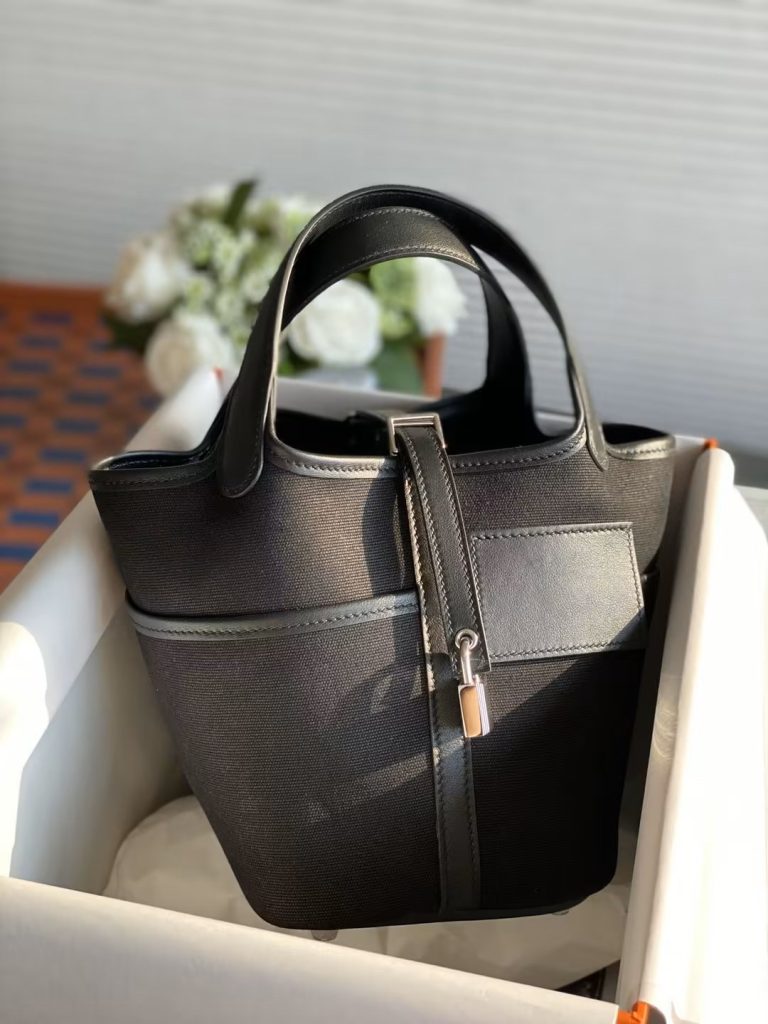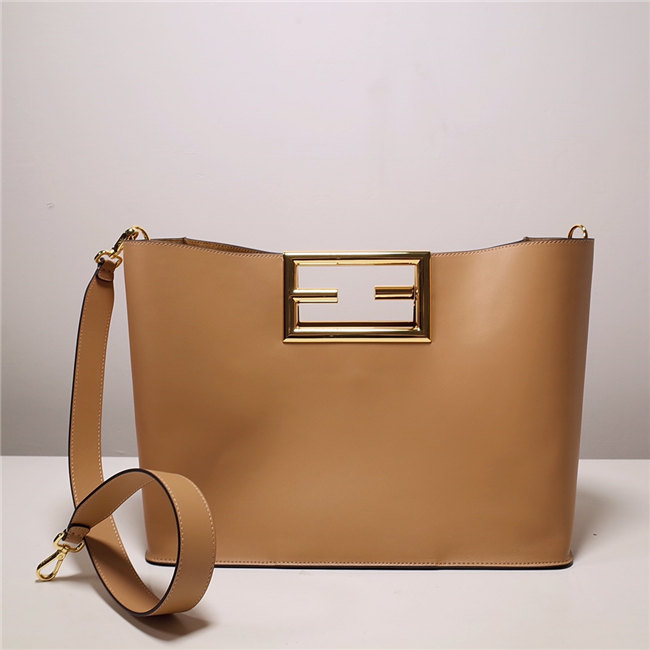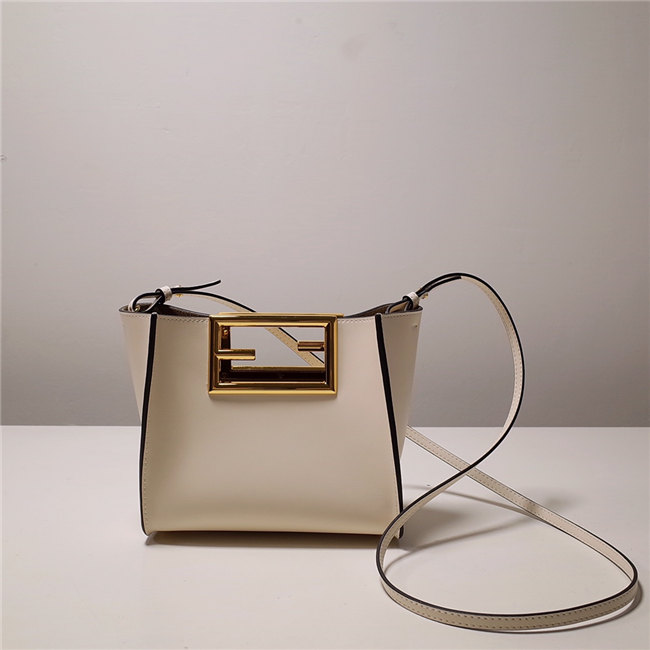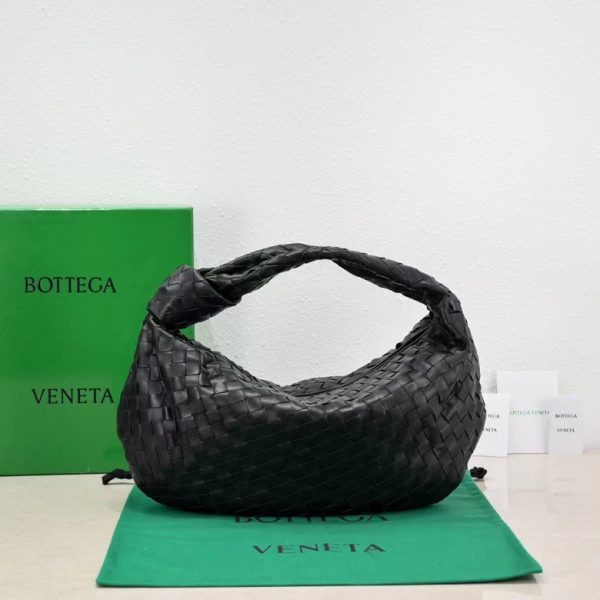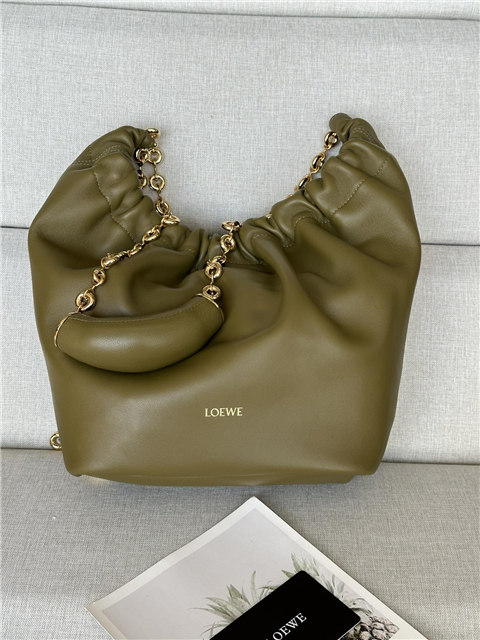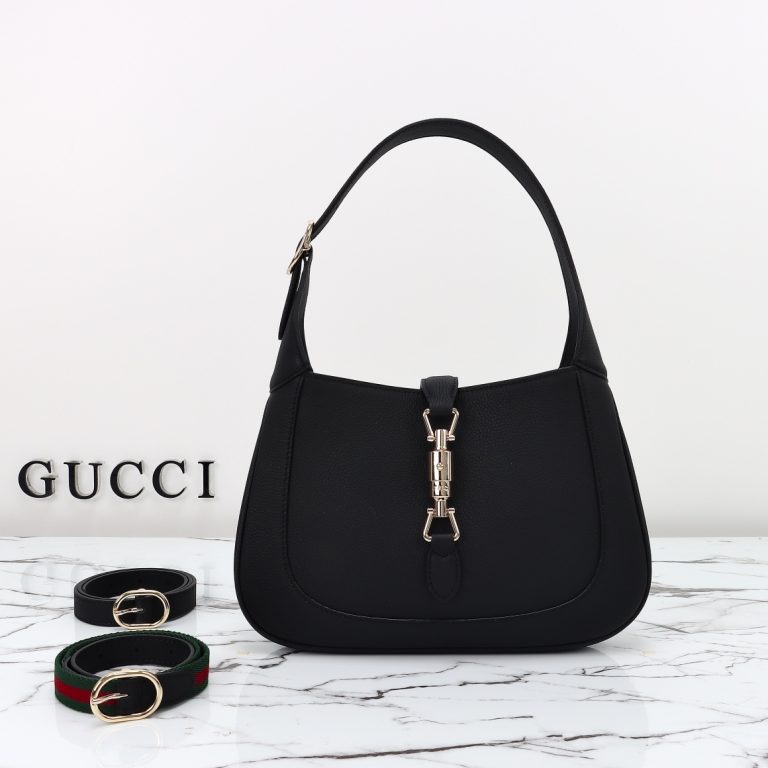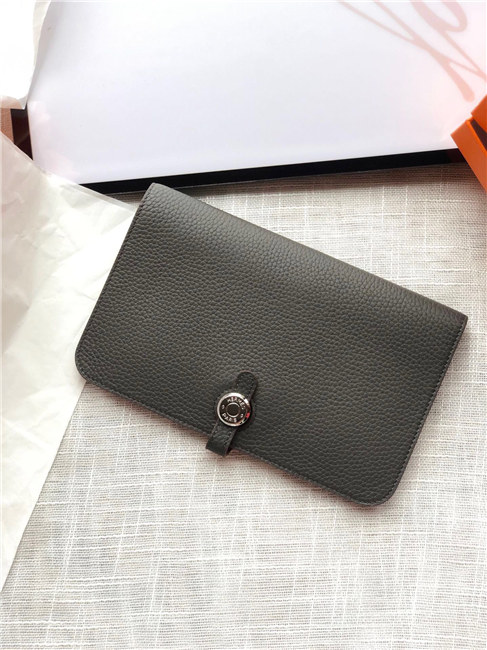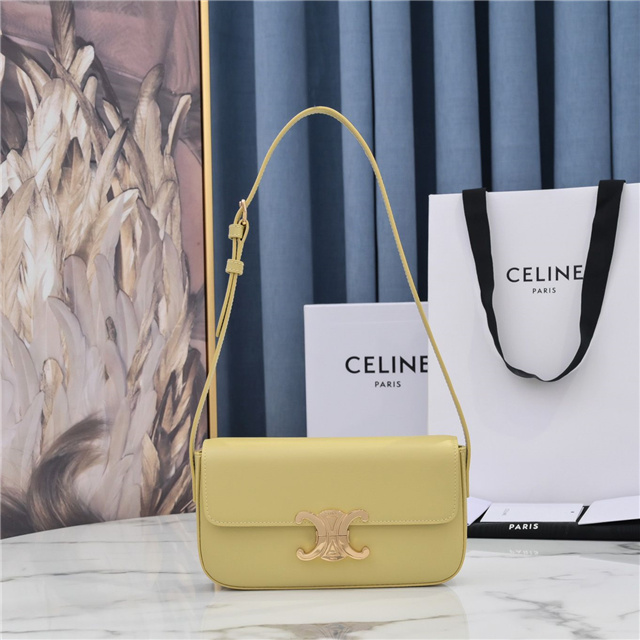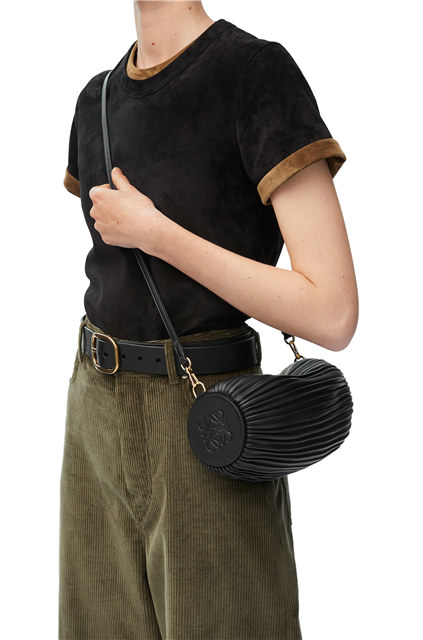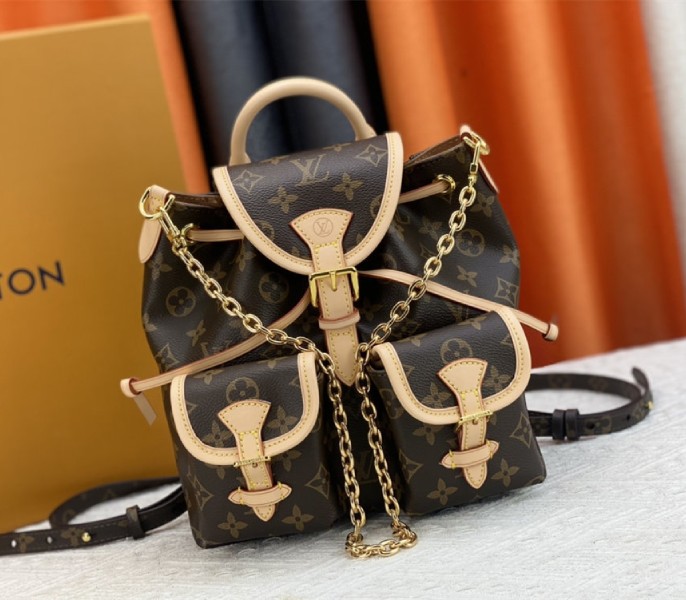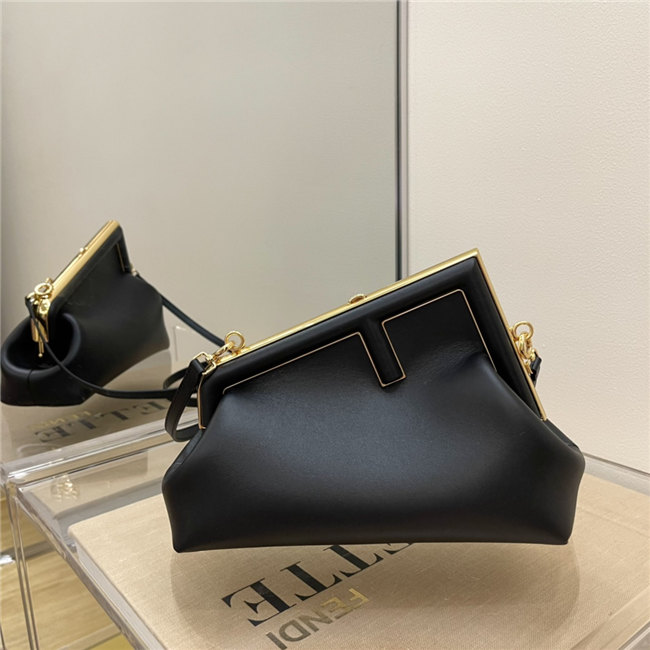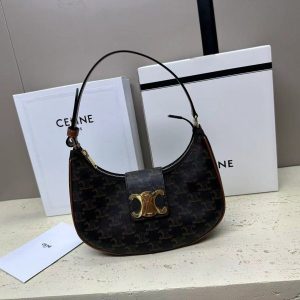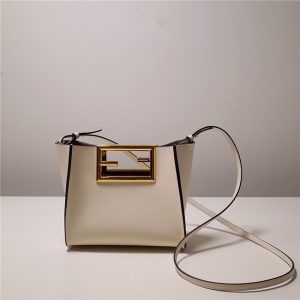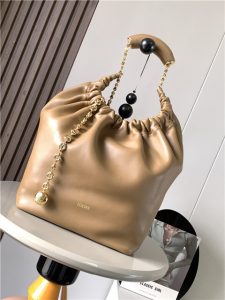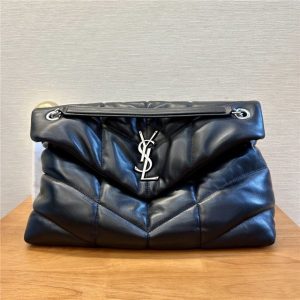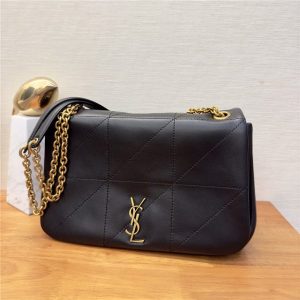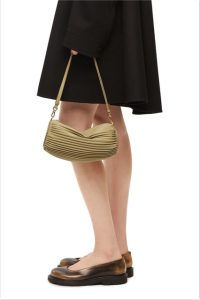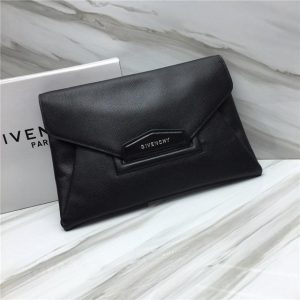The short answer? Nah, usually not. Like, *legally* not. See, all those pawn shops, they gotta follow the rules. State and federal laws, and selling fake stuff, counterfeit goodies, that’s a big no-no. It’s against the law, plain and simple.
But here’s the thing, and this is where it gets a little messy, a little… human.
First off, let’s be honest: some pawn shops, unfortunately, might *not* be the most, shall we say, scrupulous. Maybe they ain’t got the best training, or maybe they’re just trying to make a quick buck. I mean, who knows? But I think that is a possible situation.
Now, if you think you have a watch that’s a valuable brand, and you’re considering a pawn shop, it is very important to do your research!
I actually know someone who tried to pawn an old watch once, thinking it was super valuable. He had no idea, but the pawn shop guy was super knowledgeable and showed him it was actually a common model. So my point is, these people sometimes know their stuff!
Plus, there’s this thing called THE WATCH REGISTER. Apparently, it’s like this huge database where pawnbrokers can check if a watch is stolen, fake, or whatever. So, you know, if your “Rolex” ain’t legit, it’s probably gonna show up.
But then there’s the whole “brand name” thing. Pawn shops like brand-name watches, especially if they’re made of gold, silver, or platinum. Anything with diamonds or rubies? Even better. This is probably because it is easier to attract buyers, and the material of the watch itself is worth money.
So, if you’re trying to pawn off some obviously fake, plastic, “Rolex” you picked up on the street for five bucks? Yeah, good luck with that. But if you have a pretty good fake, it might be worth trying. Just saying!

